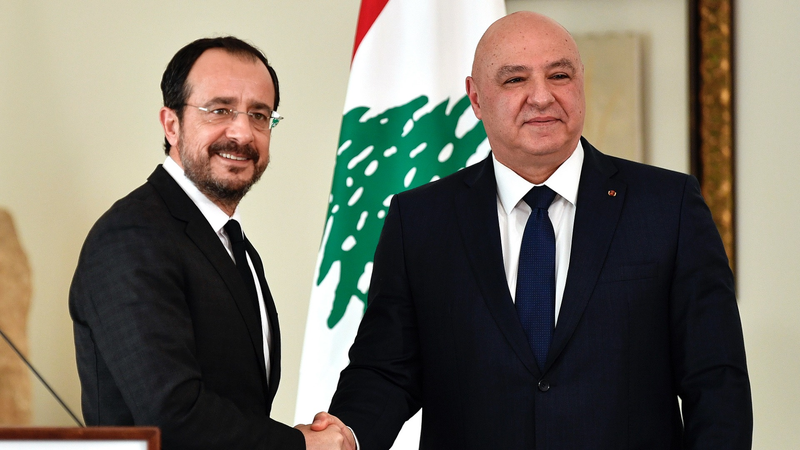On Wednesday, Lebanon and Cyprus signed a landmark maritime boundary demarcation agreement at the Baabda presidential palace near Beirut, ending nearly two decades of deadlock that stalled offshore oil and gas exploration in the eastern Mediterranean.
From 2007 to 2025: Breaking the Stalemate
The two neighbors first sketched out their exclusive economic zones in 2007, but internal political divisions in Lebanon and overlapping regional claims kept the deal in limbo. This week’s signing marks a turning point, clearing the way for joint exploration and investment in a region ripe with energy potential.
Opportunities Beyond Energy
Lebanese President Joseph Aoun highlighted that the agreement isn’t just about hydrocarbons. "This deal paves the way for cooperation in telecommunications, tourism and security," he said, envisioning a multi-sector blueprint for growth. Cyprus President Nikos Christodoulides called it a "strategic achievement," noting plans to seek World Bank support for a feasibility study on an electricity interconnection project between the two countries.
Reshaping the Eastern Mediterranean Energy Corridor
By formalizing their maritime boundary, Lebanon and Cyprus aim to position the eastern Mediterranean as a reliable alternative energy corridor to Europe. Analysts estimate that clear zoning could accelerate licensing rounds, attract international energy companies and spark new sustainable-energy initiatives.
What’s Next for Regional Cooperation?
With a clear demarcation line in place, Lebanon and Cyprus can now fast-track exploration bids, share technical expertise and explore renewable energy interconnections. Young entrepreneurs, energy startups and digital-nomad communities alike will be watching closely as the eastern Mediterranean becomes a testbed for innovative energy and infrastructure projects.
As this historic pact takes effect, the broader region stands to benefit from enhanced stability, cross-border partnerships and a new chapter in Mediterranean energy and economic collaboration.
Reference(s):
Lebanon, Cyprus sign historic maritime demarcation agreement
cgtn.com



